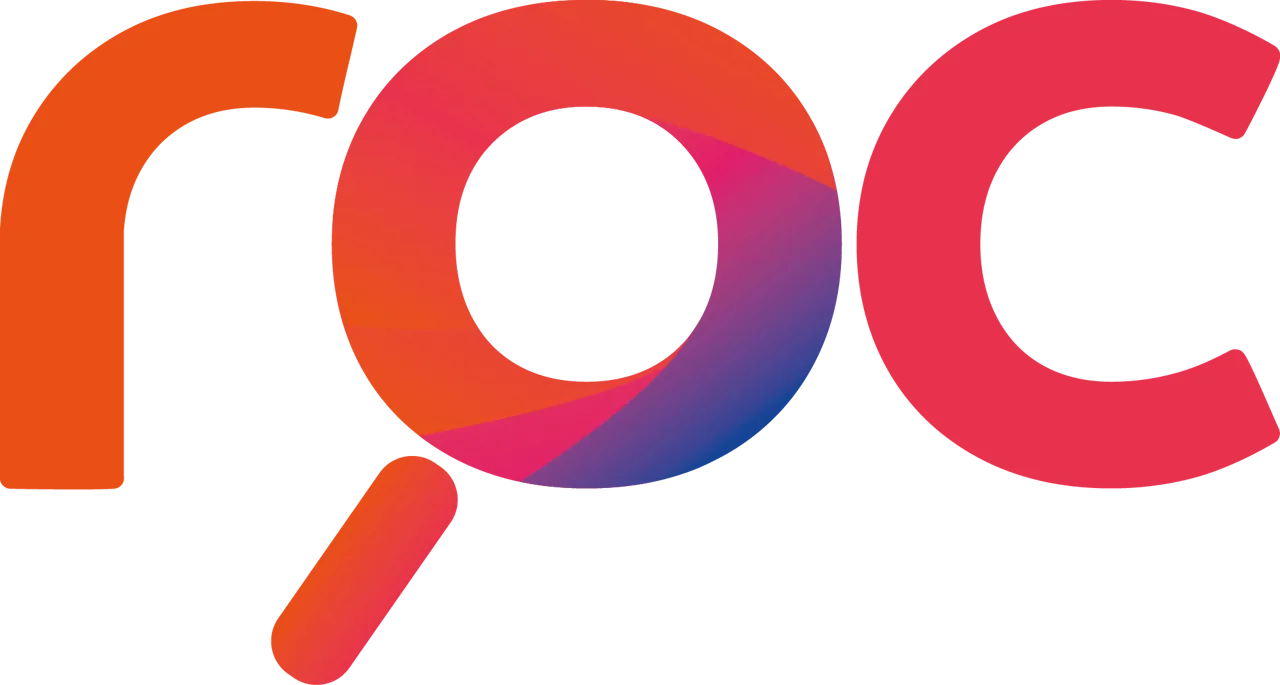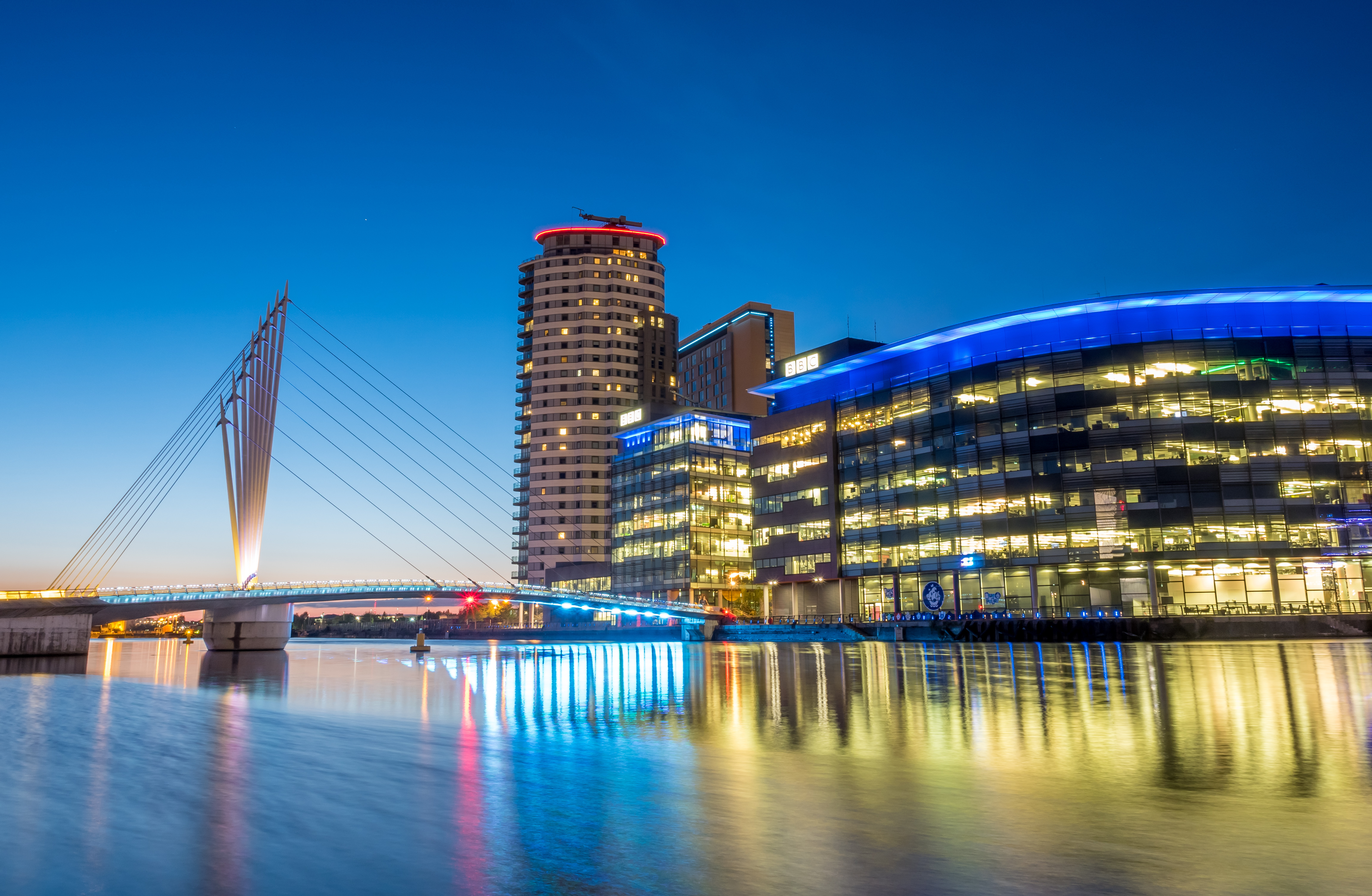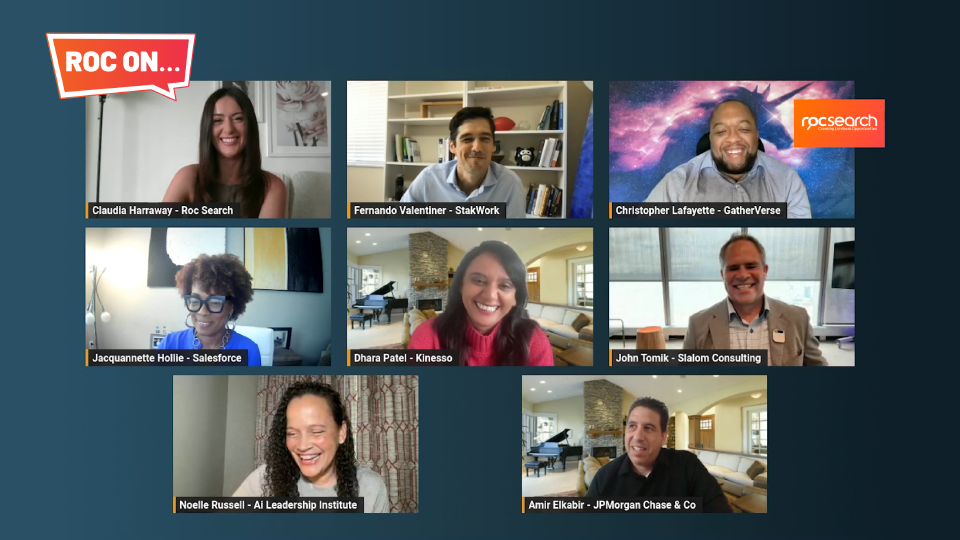The Sunday Times Tech Track 100, which ranks the fastest growing private technology companies (based on sales over the previous three years), is an excellent barometer of how innovative we are as a country.
It’s also an indicator of the quality of talent and the skills that we have in the UK to compete with the rest of the world.
As Director for Roc Search in Manchester, I was keen to see how well our local metropolitan area did. As expected, London companies dominated but I was pleased to find that eight companies based in Greater Manchester made it into the top 100 (there were also six companies from Yorkshire, so bragging rights to Lancashire!).
Tech scene in Manchester
Looking in more detail at these companies, I was amazed not only by their sales figures (which varied from around £5.5m to £130m in annual turnover) but also their headcount (from 28 at the lowest end all the way up to 637). If you add them all together, that’s well over 1,000 jobs created in the Manchester area in a relatively short space of time.
Eager to learn more, I found that three of the eight firms were in software development. One was named after a German mathematician, the other has been in the Tech Track 100 for four successive years – and over £200bn worth of transactions have taken place using the systems of the third. There were also a Wi-Fi service provider whose technology is used in every public airport in Spain and a cloud services provider that specialises in the legal sector.
That’s impressive. Am I surprised? Not at all. Having worked with many tech companies in and around Manchester, we know first hand that the city is one of the leading tech and digital hubs in the UK, second only to London. It will be one of the first cities to get the superfast 5G networks and the Manchester Science Partnerships (MSP) recently launched a £2m tech incubator that will create up to 2,000 jobs.
Becoming a top tech hub
However, for Manchester (and other UK cities) to thrive and lead the way in technology, it must attract top tech talent to the city. For example, we know that finding developers of the right calibre is difficult enough; finding the right skills in artificial intelligence (AI) and machine learning will prove just as, if not more, challenging. And with the uncertainties surrounding Brexit still looming, that skills gap is only likely to widen.
Organisations must therefore make sure that they provide the right working environment for their tech workers. And while they may not be able to offer the salaries of bigger cities like London, they can still offer competitive packages. Some of the financial benefits can be offset by other factors that we know are important to millennial workers, such as flexible working and work-life balance.
But this is no time for complacency. If local businesses can sell Manchester as a location that’s entrepreneur-friendly (there are already many co-working spaces in town, so that’s a plus), promote their working environment and lifestyle benefits, then I see no reason why we can’t give London a run for its money as the UK’s top tech and digital hub.






